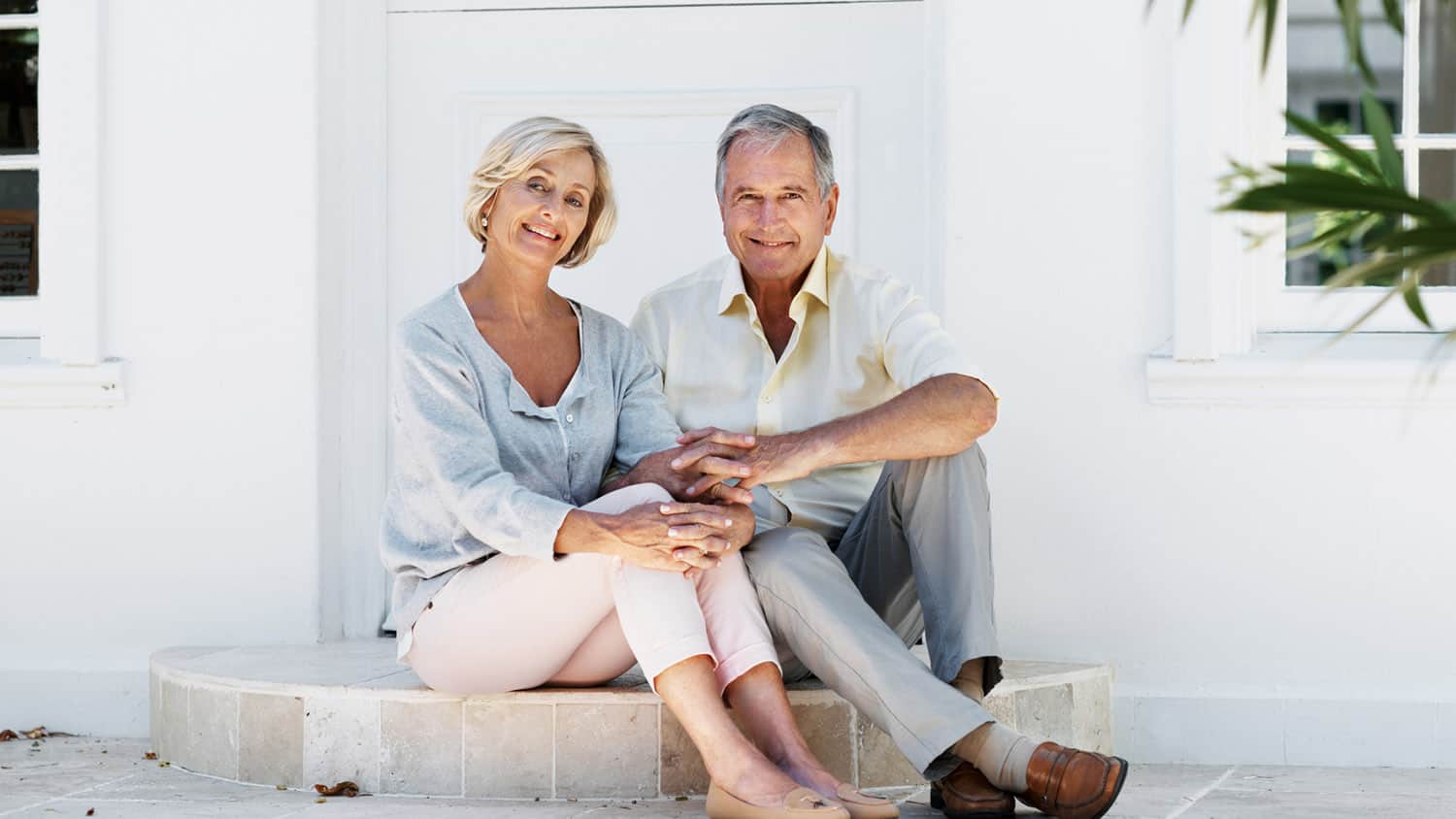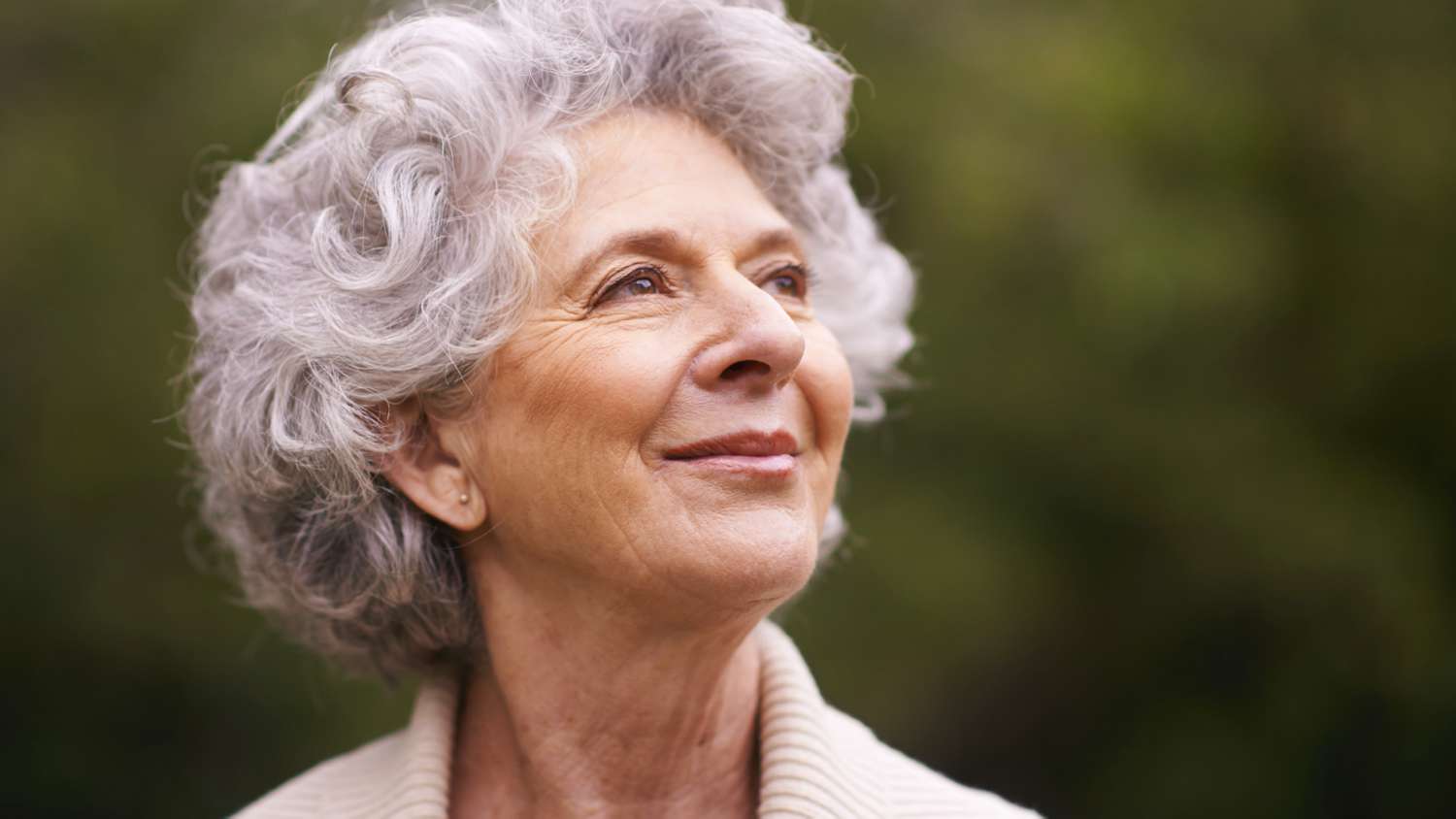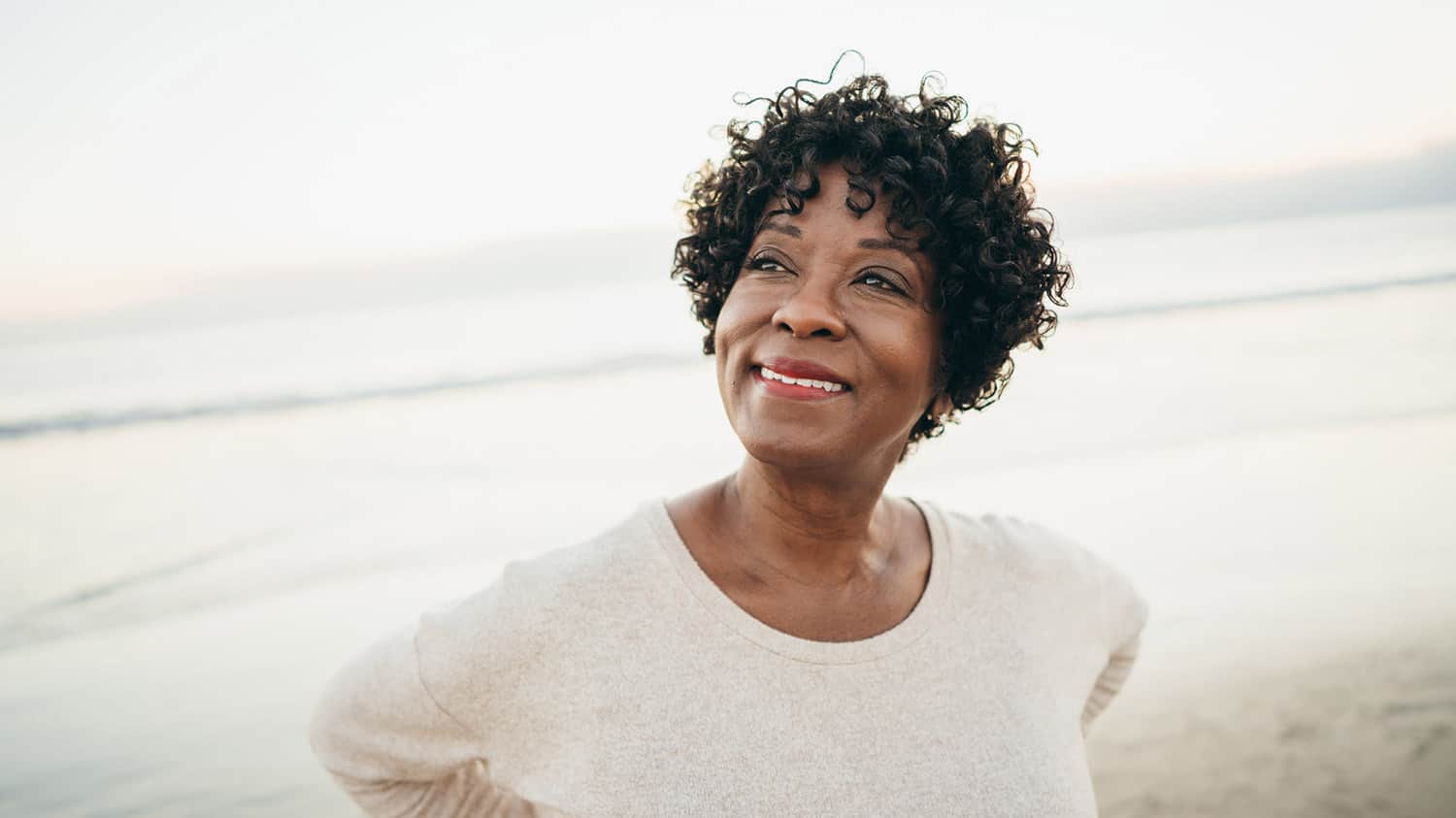
After the Storm – Facing Unexpected Adversity as We Age
This summer, devastating hurricanes tore up the Caribbean, drenched Texas and chewed through the entire state of Florida. Harvey, Irma and Maria aren’t the newsmakers they were just weeks ago, but the effects of these storms have changed lives.
I survived Irma with only minor damage to my home and business. We’re cleaning up now. Chainsaws provide a satisfying white noise.
But my heart breaks for those returning to houses they can’t live in for months, or maybe ever. I am so, so sad for families who lost loved ones because most nursing homes do not have emergency generators.
There’s a lot of time to think as we haul debris to the road, adding to piles of branches that will line the streets for weeks. I’ve never been part of a disaster that touched every single person around me – every neighbor, every store worker, everyone young and old. Here’s what I’ve learned.
Exhaustion and Stress Are an Unhealthy Mix
Some disasters, like tornadoes, offer little – if any – warning. With hurricanes, there’s time to fret and to prepare. It’s a lot of work, and it gets harder as we get older. I’m starting to question if Florida, or any coastal area, is a good place for retirees.
Stress hormones like cortisol and adrenaline kick in to help us get ready. But the sleep we need to shut these hormones off and recover is hard to come by. All we can do is wait – tired but wired.
Finally, the storm passes. But it’s time to go to work again. The need to be busy overpowers the need to sleep. Everyone has a wide-eyed stare, like a child who is too tired but won’t go to bed for fear of missing out.
As we age, our brains have a harder time regulating stress hormone levels. Stress also messes with our immune systems and the health of our cells.
While studies show that physically fit people release lower levels of stress hormones than inactive people, too much stress and too little rest are a dangerous combination for us all.
What we should do is stop and take time to meditate or do a yoga practice, like the ones offered by Sixty and Me. But we don’t. We soldier on, believing everything will be normal sooner if we just work harder.
Familiar Concepts Become Confusing
Time stalled as the storm came and went. What day was it anyway? Did I really miss 9/11 altogether? How could it be NFL Week… What happened to Week 1?
The storm messed with everyone’s routine and sense of time, especially when the power was out. I also noticed people had trouble counting money and finding the right words. Our muddled minds made the simplest things confusing. Everything was weird.
Sticking to a daily routine can help with our stress and our sense of time. I wish I’d taken the time to sit down with my calendar book on the mornings of the storm.
My typical pages are covered with notes and lists, but not during the days of the storm. Those pages are blank. I wish I’d done my 10-minute morning meditation. I believe I’d have been more in control of those days which now seem just lost.
Being Connected Makes a Huge Difference
We wrung our hands as we watched hurricane updates at 11:00, 2:00, 5:00… and then the TV was gone. But we stayed connected with family and friends by text, the walkie talkie app Zello and Facebook.
I remember how isolated I felt during my first Florida hurricanes. But this time, I never felt alone even in the darkest, longest hours.
Facebook was great for learning which roads had been cleared, where we could find gas and ice, who was open serving a sandwich, a cold beer and a place to plug in the cell phone.
When our neighborhood pub opened, it was packed. Everyone hugged and swapped storm stories. We needed to be with other people. There was no left or right, no for or against. We’d come through this together, and we were all on the same side. It was wonderful!
Protecting Our Safety Is More Important as We Age
We know our bones don’t heal as quickly. A mosquito bite might cause disease. A cut or a burn can fester into a nasty infection. Food-borne illness can put us in the hospital. It’s our own job to take care of ourselves so disaster doesn’t ruin our shot at long life.
Here’s a short list for staying safe:
- Have current flu and tetanus shots and an extra month’s worth of prescriptions
- Keep a well-stocked first aid kit
- Overstock water, mosquito repellant and sanitizing wipes
- Wear tall waterproof boots in any kind of standing water
- Thick gloves and safety goggles are essentials
- Get a good power pack to recharge your phone and other essentials
- Rechargeable lanterns are cheap now and lots safer than candles
- Don’t try to save food if the power goes out: when in doubt, throw it out.
Being Prepared Makes the Unknown Less Scary
For a time, forecast tracks had Irma making landfall on my doorstep. The sheriff bull-horned down our street: “This is a mandatory evacuation zone. There will be no emergency services until the storm is over. Please depart as soon as possible. Do not leave your pets. Remember your identification and prescription drugs.”
My sweetie and I have been preparing for a storm like this since we moved to Florida in 1990. Our home is elevated and sturdy, and we have an emergency generator. Those of us who stayed put were either well prepared or very stubborn.
Most people did evacuate. Panic and chaos were widespread. I-75 leaving Florida was a parking lot. Most people did not have any sort of emergency plan.
If you must leave your home during a disaster, have a plan and don’t wait until the last minute to execute it. Leave knowing your insurance is solid. Don’t wait until the storm is upon you to check your coverage. Get a safety deposit box for important documents. Please don’t stay in an unsafe place like a mobile home because you are worried about looters. It’s only stuff.
Prepare now and stress less later. After all, we aren’t getting any younger.
How have you prepared for a disaster in your area? What is your emergency plan? Is your buddy system in place? What do you do to stay fit so you can handle anything that comes your way? Please join the conversation below!
Tags Getting Older






